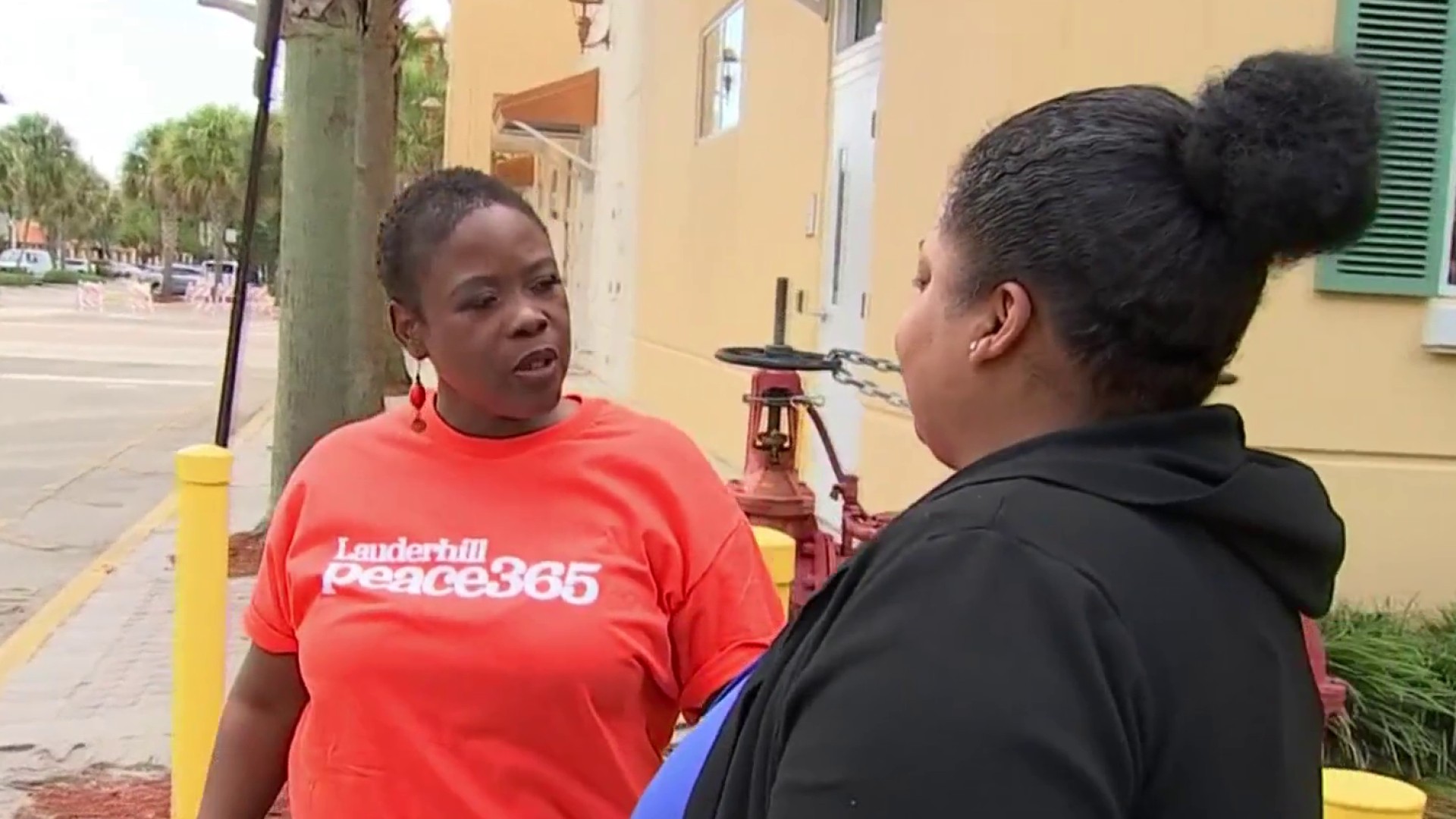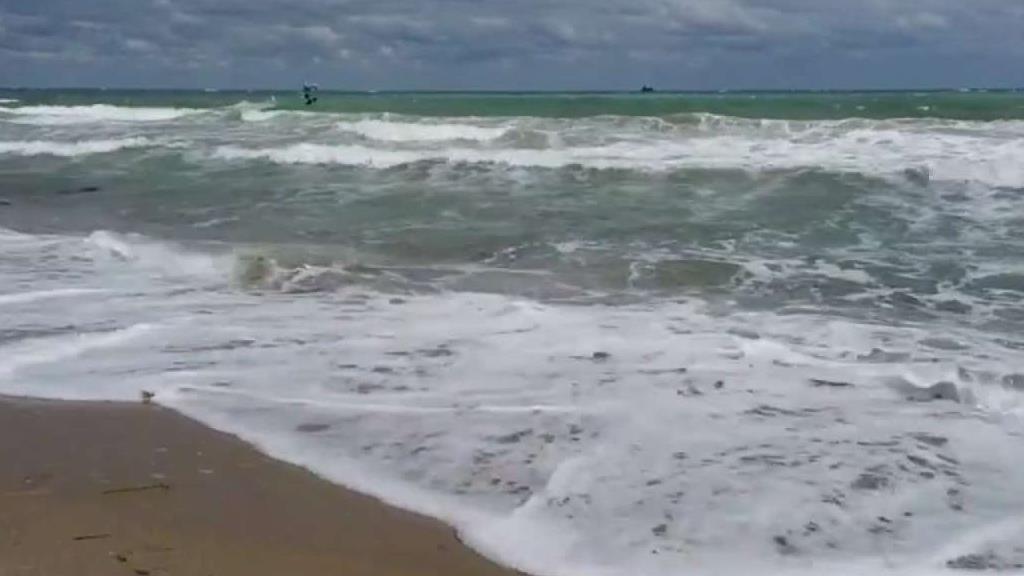Florida's contentious push to remove ineligible voters from rolls hit additional hurdles when state officials were forced to acknowledge that they may not be able to double-check whether or not as many 182,000 registered voters are U.S. citizens.
State officials earlier this month announced that they planned to use a federal immigration database that tracks people who are visiting or working in the country to verify the citizenship status of thousands of voters.
The state made the announcement after local election supervisors across the state complained that an initial list sent to them contained errors and had not been properly checked ahead of time.
But Secretary of State Kent Detzner in a letter sent Thursday to the U.S. Department of Homeland Security said the state still cannot gain access to the database and he asked Secretary Janet Napolitano to help.
"I hope you will understand the importance of making sure the vote of an eligible voter is not diminished by the vote of ineligible voter and provide my department the access it needs," Detzner wrote.
A Department of Homeland Security official said Thursday that the federal agency is aware of Florida's request but that there a "number of legal and operational challenges" to granting the state access.
Detzner in his letter said that while Florida's initial list was "credible and reliable" he acknowledged that his department's ability to "validate a person's legal status as up to date was limited."
A spokesman for Detzner said despite the obstacles, Florida will continue to push supervisors to screen the rolls and remove ineligible voters. Chris Cate said the state is likely to circulate additional names to election supervisors in the weeks ahead.
This latest exchange comes as the clamor over the state's efforts continues to grow louder.
Local
Six Democratic members of Congress as well as voting rights groups have called on the state to stop the purge, contending it violates federal voting laws, including one that says voters cannot be removed 90 days before a federal election. Florida's primary is Aug. 14.
The state's push is also drawing national media attention since Florida is likely to be a swing state that could decide the 2012 presidential election. This past week, a World War II veteran at a press conference by two Democratic members of Congress pointed out that he was on the state's initial purge list.
Some election supervisors are already saying now that they will ignore any additional names given to them by the Florida Department of State.
"It's illegal under federal law and I'm going to follow the law," said Leon County Supervisor of Elections Ion Sancho.
Florida last year, at the urging of Gov. Rick Scott, began comparing driver's licenses with voter registration information to come up with the initial list of 182,000 voters. But the names were not given out last year because then-Secretary of State Kurt Browning wanted to try to verify the information before circulating it to local election officials.
The state began asking for access to the federal immigration database last September but has been unable to gain permission.
For a story about a WWII veteran accused of being an ineligible voter, click here.
State officials decided in April to send out the names of more than 2,600 people to local election officials that they had concluded were eligible to be in the country but ineligible to vote.
But election supervisors — who are charged with the responsibility of actually removing voters from the rolls — peppered state election officials with questions about the reliability of the information. That led to the announcement earlier this month that the state agency that handles driver's licenses would access the federal immigration database.
Detzner, however, said Thursday the agreement between the Florida Department of Highway Safety and Motor Vehicles and the federal government does not allow the state to "continually update" its records.



